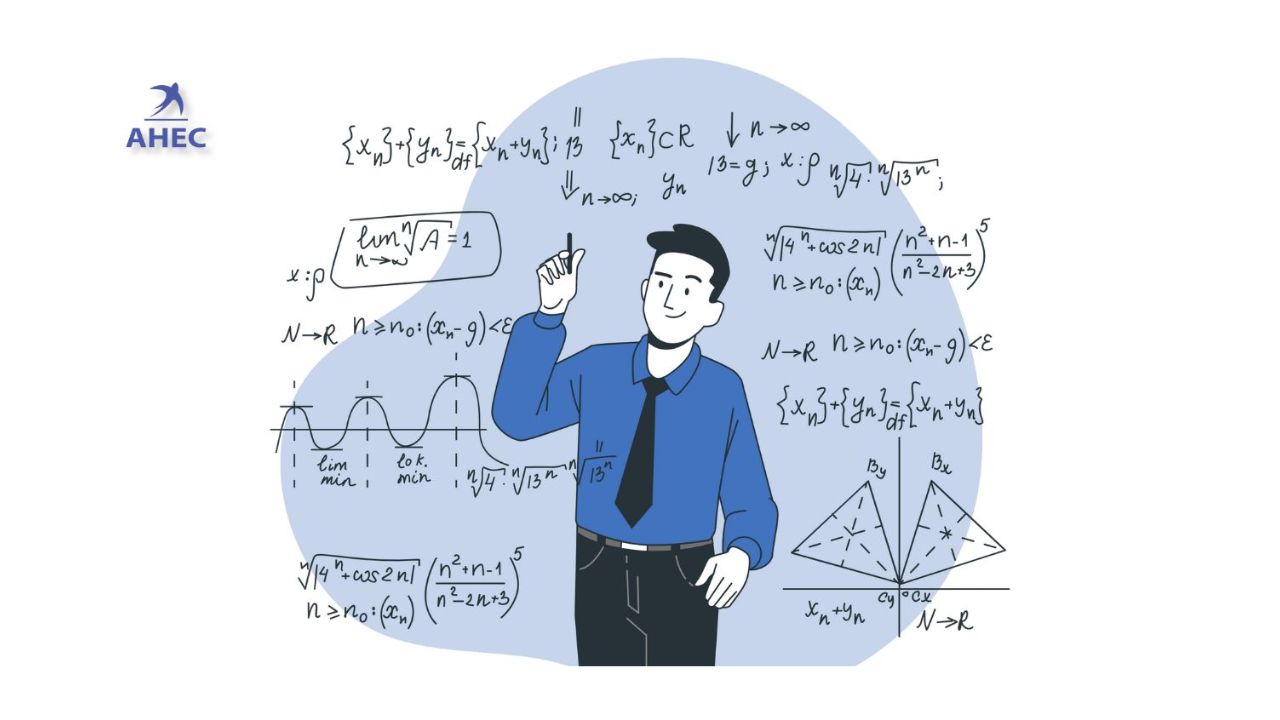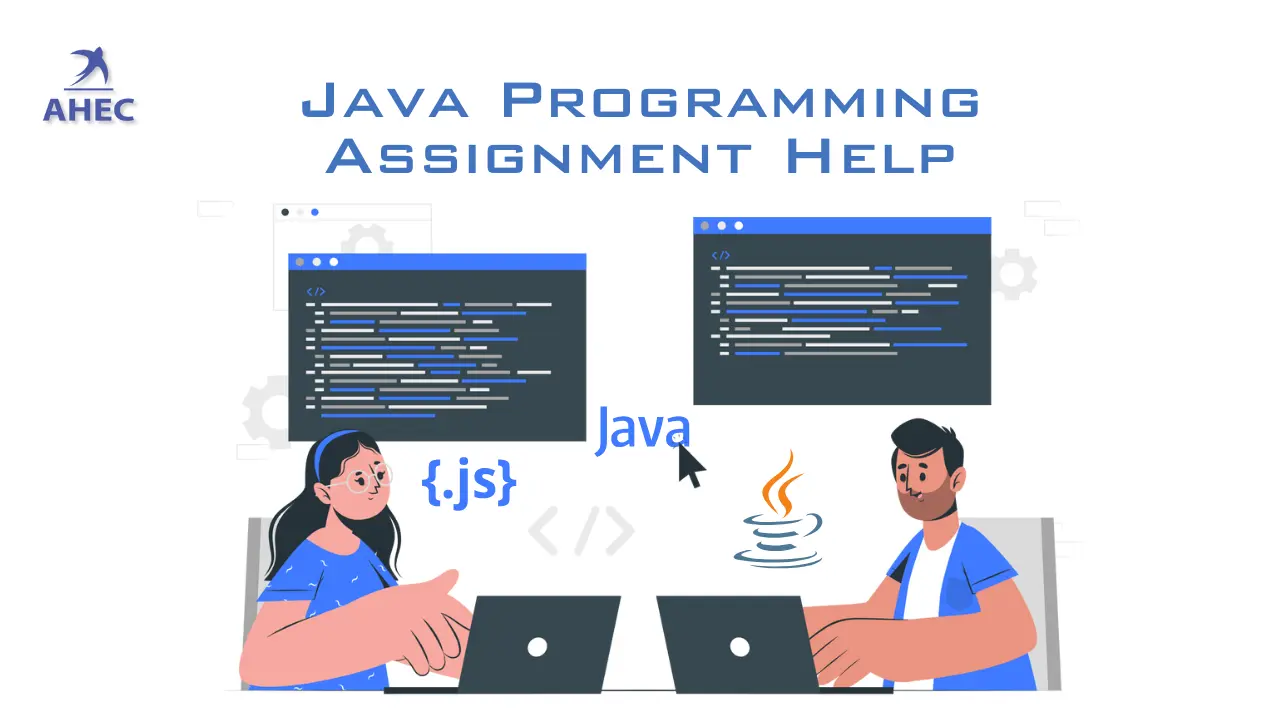When studying higher education, academic articles tend to frequently come across thesis and dissertations. At first, it seems quite obvious to get confused with the difference between dissertation and thesis, which seem to be related to research and writing. However, they are not identical. All have their role, procedures, and significance in university life.
In this guide, we shall demystify the following concepts in the easiest way possible so that students understand the way and means of a thesis and a dissertation. By reading the full guide, you’ll understand what makes thesis vs dissertation special and when you will need them in your education.
What is a Thesis?
To answer the question "what is the difference between a thesis and dissertation," a thesis is a scholarly work completed near the end of a master's program course, and knowing the dissertation and thesis difference helps define its role in academic progression. It is crucial to remember that writing a thesis is a requirement for the majority of master's degrees. a few bachelor’s degree programs also involve writing an undergraduate thesis but this is usually not as extensive as the master’s degree thesis.
To put it briefly, a thesis is a kind of research paper that is based on your unique study. It is typically created as a final project for a bachelor's degree or as a prerequisite for a master's program. This is especially true when you are in the process of writing a thesis — understanding dissertation vs thesis helps clarify the goals of each. Besides a dissertation, it is one of the most complex writing assignments students usually encounter. Understanding the difference between thesis and dissertation helps clarify the goals of each.
Word Count Limit For A Thesis
- Undergraduate: An undergraduate thesis is between 8,000 and 15,000 words long, or up to 40 pages long, as a rule.
- Master's: A Master’s thesis is usually between 12000 and 50000 words or approximately a hundred pages in length.
- PhD: The average length of a PhD thesis is between 80,000 and 100,000 words, or roughly the length of a book.
- Concerning writing a thesis, it takes some time commonly a thesis takes several months to have a master’s degree commonly takes 6 months to a year while an undergraduate thesis normally takes 3 to 6 months.
What is a Dissertation?
A dissertation is an academic paper written as part of an undergraduate or postgraduate program, highlighting the difference between dissertation and thesis in terms of academic level and purpose. Normally, a dissertation will allow you to disseminate results in answer to a question that again, you pose yourself. It is almost certainly going to be the biggest single piece of academic writing you are likely to write.
In the short term, we define a dissertation as “A dissertation is an extensive and academic paper, which is typically taken from the original research in the candidate’s academic degree program and generally, it is submitted to get an academic degree.”This also marks another clear difference between thesis and dissertation, particularly in terms of purpose and depth.
Word Count Limit For A Dissertation
- An undergraduate dissertation may include between 5,000 and 8,000 words.
- Dissertations at the master's level can range from 10,000 to 15,000 words.
- The length of doctoral dissertations varies from 100 to 300 pages, depending on the area or discipline.
- Generally, it takes a few years to write a dissertation because it requires identifying a novel research area and making a genuine contribution to it particularly when working in the capacity of being a holder of a PhD degree.
Purpose and Importance Difference between Thesis and Dissertation
It is necessary to know the importance and the difference between dissertation and thesis in terms of academic and professional relevance to achieve greater results.
Purpose of Writing a Thesis
In essence, the purpose of a thesis is to provide evidence of a student’s capability of working independently while solving a particular issue. Master’s degree students may write a thesis to show they understand the concepts in their field of study.
Purpose of Writing a Dissertation
The purpose of writing a dissertation is to produce new knowledge in a particular academic discipline, which is usually, but not necessarily, a Ph.D. thesis. As opposed to a thesis, which shows comprehensiveness of the current knowledge, a dissertation calls for the development of new notions, stances, or concepts. Students who are planning their research journey must understand the difference between thesis and dissertation. Sometimes it is organized as research on a certain problem using methods that are independent of a specific theory; for example, experiments, surveys, or case studies. Completing a dissertation demonstrates superior skills for a student, critical thinking, and an innovative approach, all of which reflect the dissertation and thesis difference in terms of depth and contribution, and vivid research skills that prove the student as a subject matter expert, besides contributing new knowledge to the domain.
Structure and Component Differences between Thesis and Dissertation
Here, you will discover what comprises a thesis and a dissertation; we will explain each section and compare the difference between thesis and dissertation through their components.
Structure and Components of a Thesis
Thesis organization is a way of constructing the research studies to ensure consistency in conveying the research work and understanding the difference between dissertation and thesis in structure. All sections have their roles and correlate with one another to provide the reader with directions on your study progression. Here’s a breakdown of the typical components:
- Introduction: This section defines the subject area of the thesis, states the research question, and defines the research area under study. It includes general information on the topic and states why the research is relevant. (word limit percentage 10-15%)
- Literature Review: Here, you critically evaluate past literature concerning your subject. The literature review allows us to see the remaining research questions still unanswered in the present bibliography and establishes a framework for one’s research. (word limit percentage 20-25%)
- Methodology: In this section, the author explains the research method that he or she employed when gathering the information, such as questionnaires or interviews, experiments, and so on. You also describe how the stated methods were selected and how they assist in entering your research question. (word limit percentage 15-20%)
- Results and Analysis: In this section, you should display and discuss the data that you have gathered. You look for figures, audience, or analysis that addresses your research question to explain how they contribute to the topic. (word limit percentage 20-30%)
- Conclusion: The final section gives an overview of the research results and their prospects, often emphasizing the dissertation and thesis difference in how conclusions are drawn, often emphasizing the dissertation and thesis difference in how conclusions are drawn. It also tells you in what area it would be interesting to look for the next instance of your result, or how you can apply what you have found. (word limit percentage 10-15%)
Structure and Components of a Dissertation
It is also argued that a dissertation is more elaborate and intricate in its structure than a thesis because it represents a higher level of examined problem and the researcher’s idea. The main components include:
- Introduction: This section gives a general background to the research topic, presents the research question, and describes the importance of the study. It provides ground for the study. (word limit percentage 10-15%)
- Literature Review: More extensive than in the thesis, this section collectively and critically reviews the research carried out before the new study and determines the research’s place in the world of scholarly works, as well as pointing out shortcomings noticed. (word limit percentage 20-25%)
- Methodology: The methodological section of the work outlines the rationale behind the choice of the method, the variety of data collection tools, and ethical issues—this highlights another difference between dissertation and thesis in depth and complexity. (word limit percentage 15-20%)
- Results and Analysis: This section then dissects and discusses the data gathered and relates these to the research question. (word limit percentage 20-25%)
- Discussion: In this section, these findings are elaborated, the implications drawn from them are explained, and the limitations of the study are identified. (word limit percentage 15-20%)
- Conclusion: Concludes the report and points to the potential of the research and ideas for further investigation. (word limit percentage 5-10%)
The dissertation is a larger, more academically demanding piece than the thesis, showing the scope of dissertation vs thesis.
Country-Specific Differences in Thesis and Dissertation
It also helps international students to know how the two terms are a bit different when used in different countries and the context.
In the United States
- Writing a thesis is a requirement for earning a master's degree in a certain field of study.
- A dissertation is for a Ph.D., and it involves researching new ideas—this clearly showcases the dissertation and thesis difference based on academic level and originality.
In European countries
- In European countries, thesis vs dissertation usage is the opposite of how the terms are used in the United States.
- This is the complete opposite of the US system, which requires a dissertation for a Ph.D. and a thesis for a master's degree.
- A Ph.D. thesis in Europe is anticipated to include fresh research and fresh knowledge of the area, although the term dissertation is used to herald the same in other countries.
As a result, in an additional comparative table, it is possible to indicate these differences clearly and in detail.
Evaluation and Grading Differences: Insights on the Thesis Dissertation Difference
Thesis Evaluation
- They are based on the performance regarding how effectively a student integrates prior knowledge, use theories, and conducts simple research.
- Usually given by a faculty panel or an advisor, and often entails only minor modifications.
Dissertation Evaluation
- It is considered to be more challenging than the thesis because to achieve a ‘good’ trademark, the work should be innovative and should contribute greatly to the development of the academic discipline. Understanding the difference between thesis and dissertation aids in getting ready for the degree of criticism and demands.
- The student usually has to stand an oral defense or viva voce sitting before a committee, mostly to answer questions about the research done.
Challenges in Writing a Thesis vs a Dissertation
Challenges in Writing For Thesis
- Operating on the search for a research question.
- In the process of conducting a literature review and while searching for some studies.
- Scheduling of time between academic work and research.
Challenges in Writing For Dissertation
- Inventing a research topic from scratch.
- Gathering big data samples over a longer time.
- If a writer is experiencing writer’s block or if the length and complexity of a project become exhausting.
Such tips include: setting deadlines for completing sections of the document, getting a mentor to guide the document writing process, and subdividing sections of the document into mini-writing projects to manage the challenges being faced.
Tips for Writing a Thesis and Dissertation in 2025
Give helpful guidance to students who are working on a thesis or dissertation:
- To handle large projects like dissertation vs thesis, students must create manageable timelines.
- If possible, be as specific as you can about what interests you, so you’ll be more inspired to finish up.
- Some of the tools are citation managers, which help to sort references, such as Zotero and EndNote, and streamline work based on the dissertation and thesis difference in formatting and citation needs, and streamline work based on the dissertation and thesis difference in formatting and citation needs.
- Check with your advisor or committee as often as you can to make sure you understand what is expected of you.
- Writing must be clean and accurate, so taking time to proofread and edit it is an effort well spent.
Examples of Thesis vs Dissertation
Here are some academic examples to further distinguish thesis vs dissertation by purpose and method:
Thesis Example
A thesis is usually prepared for the Master’s degree and mainly aims at conducting a review of the literature or at applying concepts known in practice to a particular subject. For instance, a thesis may look at a specific issue, such as the contribution of social networks in forming people’s opinions on climate change, and survey research, as well as case studies. An example could be analyzing ‘the effectiveness of online learning strategies on students’ engagement The thesis could involve a survey or academic report. Likewise, a thesis could analyze the impact of diversity on workers' productivity in organizations, through research along interviews. In each case, the student concludes with the help of integration of findings; original new findings are not presented as is typical at the Master’s level.
Dissertation Example
A dissertation is much larger and has to be completed for the award of a Ph.D. degree, where a student brings new ideas or theory to a discipline. For instance, a dissertation can be a qualitative research focusing on artificial intelligence as it relates to job automation, particularly in the finance industry, presenting a conceptual model that is a result of a design
research interview and case studies. Another dissertation could focus on comparing classical and quantum computing for data encryption, in which the student not only runs the experiment and comes up with new algorithms but is also responsible for implementing changes that make cloud security better. A third example might be a dissertation on the cultural identity of second-generation immigrants, for which the dissertation employs interviewing techniques as arguments for a new paradigm of identity formation. In each case, the dissertation transcends the simple presentation of external findings but comprises new contributions to the discipline.
Main Difference Between Thesis and Dissertation
It’s important first to distinguish between a thesis and a dissertation based on their purpose, level of study, and required research. A thesis is completed for a master’s degree and has to prove that the student has mastered the material and can analyze and interpret the information in the selected field. This summarizes the core difference between thesis and dissertation. which can be both experiments and case studies, for instance. With a thesis being more focused and shorter and a dissertation being more extensive, complex, and time-consuming, the distinction between the two becomes evident.
For your convenience, here is a complete explanation of Dissertation vs Thesis in this table —
|
Features |
Thesis |
Dissertation |
|
Level of Study |
Master’s Degree |
Doctoral degree (PhD) |
|
Purpose |
Prove to understood |
Create new knowledge |
|
Research Type |
Based on exciting research |
Original research |
|
Length |
Shorter |
Longer and more complex |
|
Completion Time |
Few Month |
Several years |
- A thesis gives the readers proof that the writer has acquired adequate knowledge of the topic under study, while a dissertation offers new insight—highlighting the dissertation and thesis difference.
- A dissertation shows that one can extend the knowledge of a certain topic and contribute to the existing databases of information.
Thus, recognizing the difference between dissertation and thesis helps students start their research projects with clear expectations and an achievable set of goals.
Conclusion
If you have been wondering "what is the difference between a thesis and dissertation," both Thesis and Dissertation undertakings are significant throughout the higher learning education processes, and each one plays a unique role; that's why a student should always know about all the differences between a thesis and a dissertation. A thesis is an investigation that forms the basis of a master’s degree. For instance, it majorly entails the critical evaluation of research evidence where a student is capable of analyzing and interpreting data. On the other hand, a Dissertation, which is frequently associated with a Ph.D., requires students to contribute new information to a specific discipline. Expository and argumentative writing show a student’s area of specialization and research ability as they progress into higher learning institutions or any given career. Identifying those differences assists the learners in making proper decisions for their learning process. AHEC also focuses on these academic activities.





























































































































































